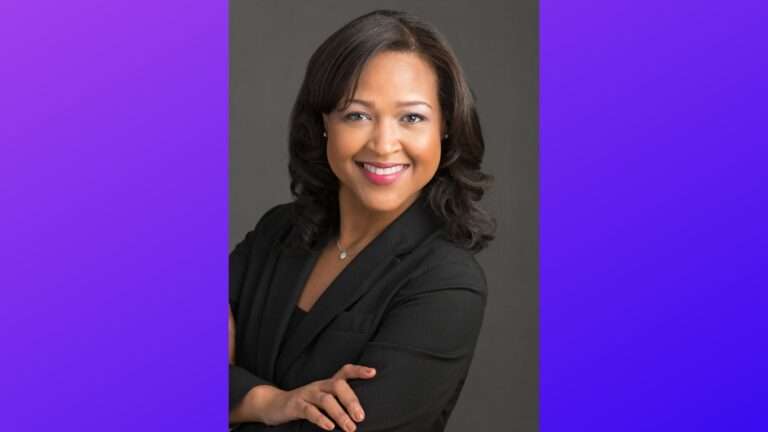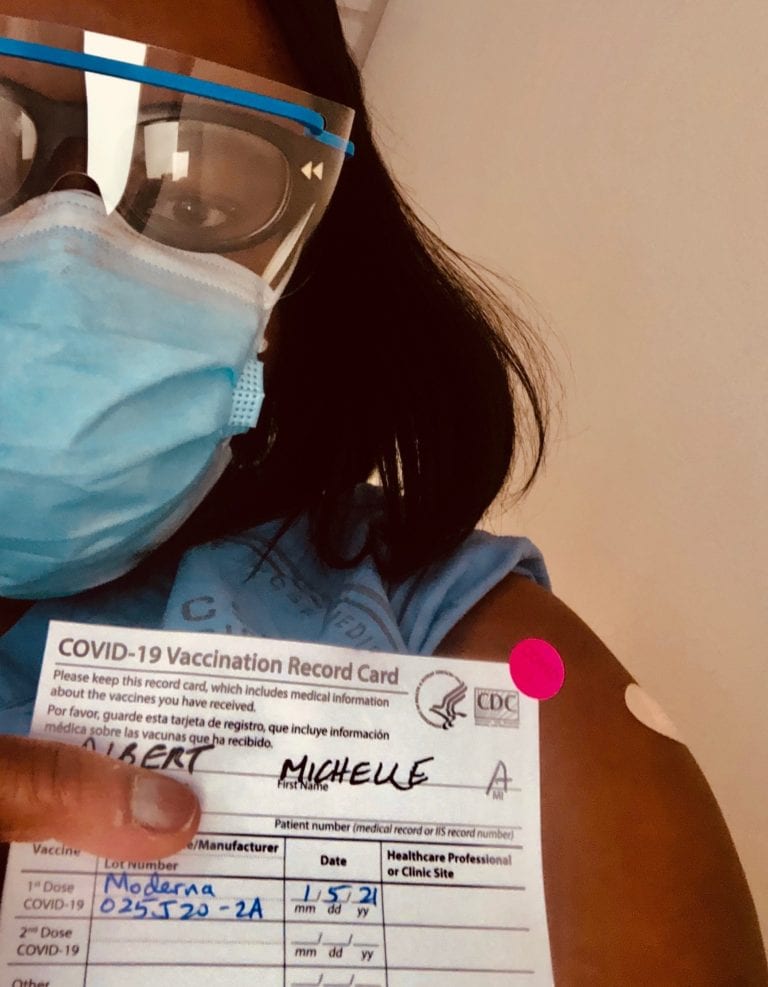By: d-mars
StatePoint
Tobacco use is the leading cause of preventable death and disease in the United States and it almost always begins during adolescence. According to leading medical advocates, pediatricians have a role to play in getting kids to quit vaping electronic cigarettes and using other tobacco products.
Ten percent of American students report using tobacco products, according to the FDA. And while there have been declines in the use of cigarettes among adolescents, the popularity of e-cigarettes and other smokeless tobacco and nicotine products is on the rise. Smoking and vaping are both harmful to health, particularly to youth, whose brains are still developing and who are uniquely vulnerable to nicotine dependence.
That’s why the American Academy of Pediatrics (AAP) has developed the Youth Tobacco Cessation Progressive web app. This new, free clinical decision resource, which can be used on a computer, tablet or offline mobile app, leads physicians through the following steps:
- Ask: Screen for tobacco use with all youth, during every clinical encounter.
- Counsel: Advise all youth who use tobacco to quit and have them set a quit date within two weeks.
- Treat: Link adolescents to behavioral treatment extenders and prescribe pharmacologic support when indicated. After the visit, follow up to assess progress and offer support.
The web app also provides a flowchart for clinical interactions, links to product descriptions, an AAP policy and clinical report, sample counseling statements, behavioral support options, such as texting services, quitlines and online resources, and detailed information on pharmacologic support, including nicotine replacement therapy.
There is currently little data on successful youth tobacco treatment strategies. In the meantime, clinicians can leverage existing literature and promising practices to support tobacco cessation in young people. To learn more and to access the Youth Tobacco Cessation Progressive Web App, visit aap.org/HelpKidsQuit.
Tobacco use and nicotine dependence are significant health concerns. Pediatricians can use their vital, trusted role as a source of expertise, support and guidance to provide teens with confidential tobacco cessation care.








